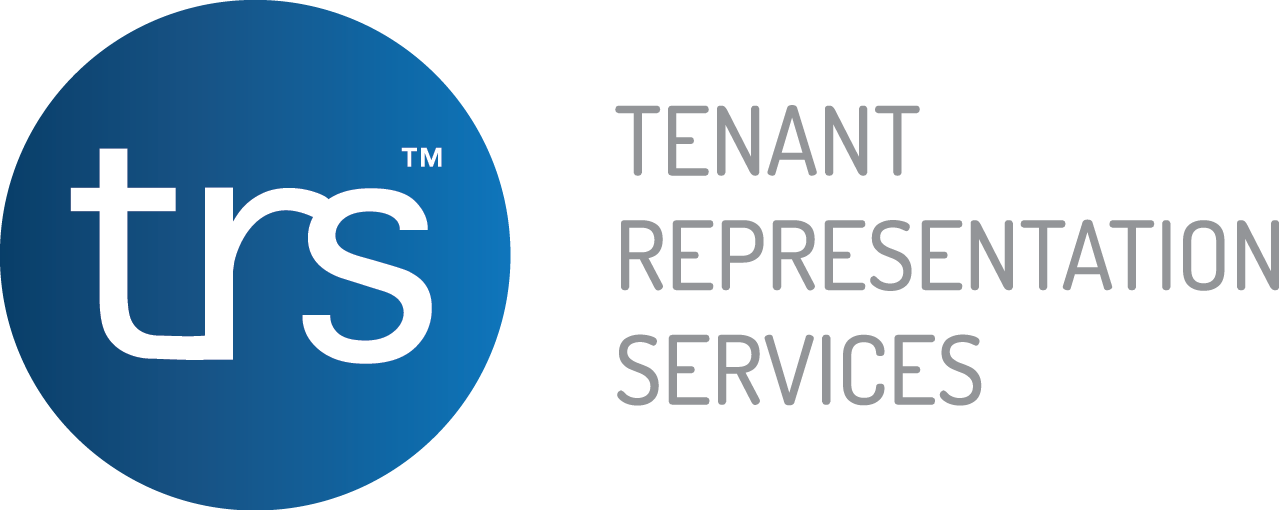On 7 April 2020, the National Cabinet announced a mandatory code of conduct referred to as the Commercial Tenancies Code, to be legislated and regulated by each of the State and Territory Governments. Please see link below for the release document.
Click here for the Commercial Tenancies Code
We expect further details from each of the State and Territory Governments in the coming days.
The Commercial Tenancies Code is intended to mandate a set of good faith principles to be applied to commercial, retail and industrial leases where the tenant is eligible for the Commonwealth Government’s JobKeeper assistance and is a small or medium sized enterprise (with an annual turnover of up to $50 million).
The objective of the Commercial Tenancies Code is for a landlord and tenant to share the risk and financial impact during the COVID-19 crisis, whilst seeking to balance the interests of the landlord and tenant. It is expected that a landlord and each eligible tenant will negotiate in good faith, on a case by case basis.
TRS is independent and ideally placed to assist you through this period, and we are currently negotiating on behalf of other tenants to ensure the best outcome.
The following leasing principles should be applied in negotiating and enacting appropriate temporary arrangements between a landlord and tenant under Commercial Tenancies Code. These apply during the COVID-19 crisis and for a reasonable recovery period:
- A landlord must not terminate a lease for non-payment of rent;
- A landlord must not claim on upon a tenant’s security (bank guarantee, security deposit or personal guarantee) for non-payment of rent;
- A landlord must freeze rent increases. This includes fixed and market reviews;
- A landlord must not impose any penalties or prohibition against the tenant reducing its opening hours or ceasing to trade;
- A landlord must offer the tenant a rent reduction proportionate to the trading reduction in the tenant’s business over the course of the COVID-19 crisis, through a combination of waivers of rent and deferrals of rent (Rent Relief);
- Waivers of rent must account for at least 50% of the Rent Relief;
- Deferrals of rent must be covered over the balance of the lease term and in a period not less than 24 months following the COVID-29 crisis;
- A landlord must not charge any fees, interest or other charges to the tenant with respect to waivers and deferrals of rent;
- A landlord must pass on to the tenant (with appropriate proportionality as applicable under the terms of the lease) any reductions in statutory charges, such as land tax, council rates and insurance. This will be seen through a reduction in outgoings costs;
- A tenant must honour the terms of the lease, as amended in accordance with negotiations under the Commercial Tenancies Code. If the tenant breaches the substantive terms of the lease in a material way, the tenant will forfeit any protection provided to the tenant under the Commercial Tenancies Code;
- A tenant should be provided with an opportunity to extend its lease for the equivalent period of the waiver or deferral period. This is intended to provide the tenant with additional time to trade on the existing lease terms during the period after the COVID-19 crisis;
- If negotiated arrangements under the Commercial Tenancies Code involve repayment by the tenant, this should occur over an extended period to avoid placing an undue burden on the tenant;
- This Code is effective April 3rd, 2020 until such time as the Job Keeper Program is concluded.
If a landlord and tenant cannot reach an agreed position on alternative leasing arrangements as a direct result of COVID-19, the matter should be referred to a binding mediation process overseen by the relevant State or Territory Government.
TRS will continue to keep you updated throughout this situation. Should you have any questions or wish to discuss the impact of this Code to your Lease, please do not hesitate to contact us


